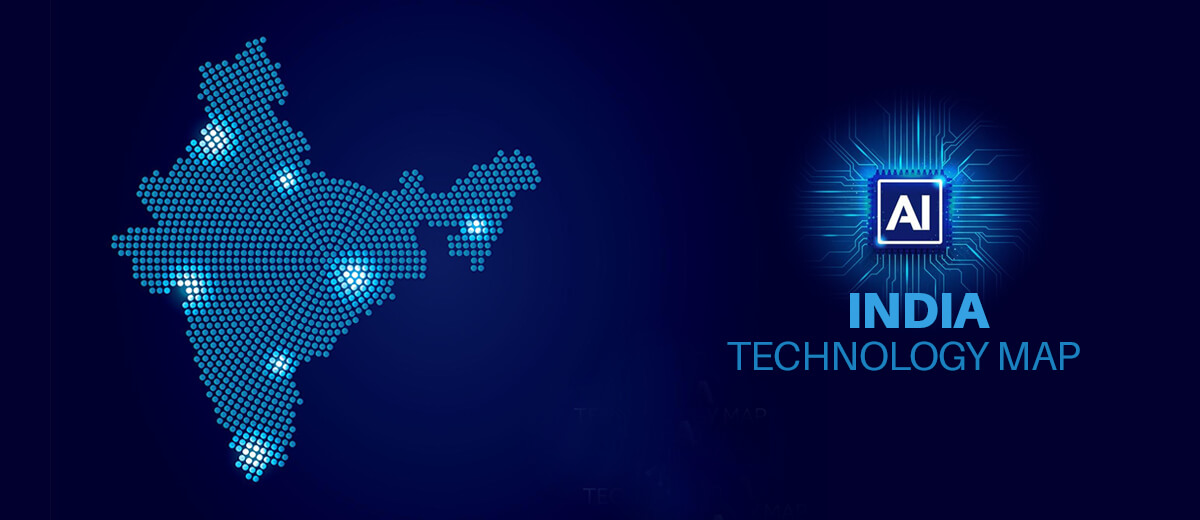Artificial Intelligence (AI) - The Future of the Industry in India
The demand for intelligent systems to improve efficiency and output in sectors as diverse as information technology (IT), consumer electronics (CE), banking, financial services, healthcare, manufacturing, and transportation is fueling the global AI market's expansion.
By 2030, the market for Artificial Intelligence (AI) is predicted to be worth $1,581.70 billion, representing a compound annual growth rate (CAGR) of 38.0% from 2021 to 2030.
Our relationships with the world around us may change in light of the advances in artificial intelligence. Artificial intelligence (AI) is becoming increasingly common in India due to the rapid development of new technologies, allowing machines to be programmed to act autonomously in specific contexts.
Scope of AI in India
Artificial intelligence is still in its infancy in India, but it is increasingly being used to create innovative answers to complex problems in all sectors of the economy. Self-improving algorithms, machine learning, big data, and pattern recognition are some emerging technologies that fall under the umbrella of artificial intelligence.
By the decade's end, this powerful tool would be commonplace in almost every field in India, speeding up and simplifying routine work. Online artificial intelligence courses are becoming increasingly popular in India due to recent advancements in the area.
Finance and Artificial Intelligence:
How effective is Artificial Intelligence at generating revenue? According to some AI-driven strategies, robots are unlikely to take over humans anytime soon.
In August 2018, Aberdeen Standard Investments' quantitative team launched a $10 million Artificial Intelligence Global Equity Fund, betting that an algorithm could be better than a human manager at figuring out the complex world of a factor. A year later, the fund had underperformed the stock market's impressive rally, with assets increasing by only 8%. Investors claim they will only commit funds once they see a longer track record.
Robotics and AI are going to make everything easier.
Textbooks are digitized using AI, early-stage virtual tutors supplement human instructors, and a facial analysis system detects which students are having difficulty or are bored so that the learning environment can be adjusted accordingly. Tasks that are tedious and time-consuming but necessary, such as taking attendance and grading papers, can be automated with the help of applications like text translation systems and real-time message-to-speech.
The use of AI facilitates around-the-clock support for customers.
Suppose chatbots were to be built into India's digital infrastructure or made available through the country's interactive voice response system (IVRS). In that case, they could have a profound impact on the country's education system, which serves a population of over 1.3 billion people.
There are currently thousands of chatbots in use, all to make human-performed tasks more efficient. The use of chatbots in customer service and other business functions has recently become widespread. Without any human intervention, chatbots can answer customer questions and solve issues. Artificial intelligence has made a breakthrough with this innovation, and it is now ubiquitous in various types of software.
Continue reading: https://didographic.com/artificial-intelligence-ai-the-future-of-india/


Comments
Post a Comment